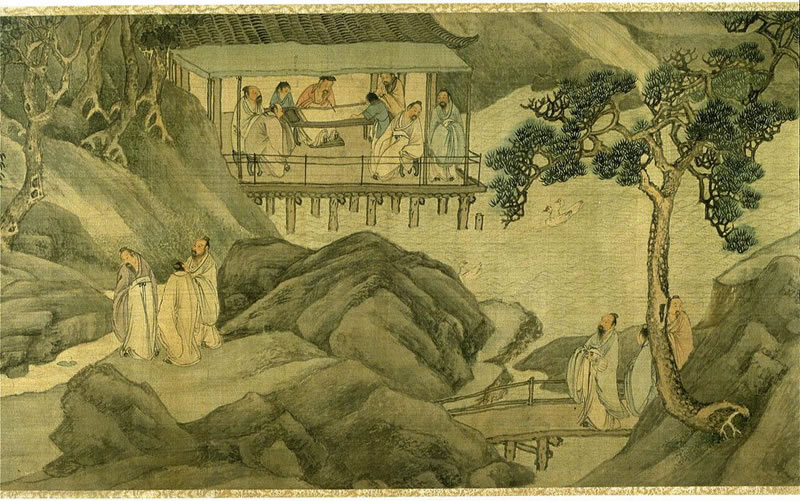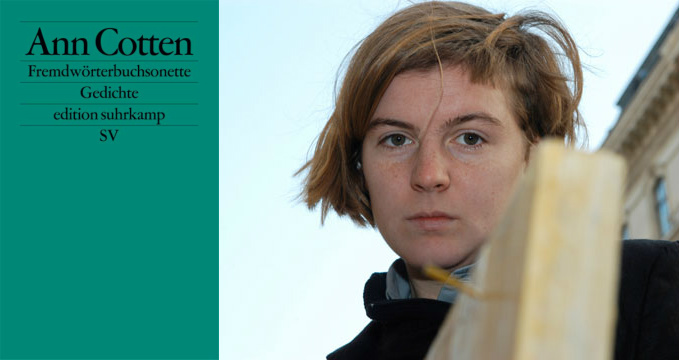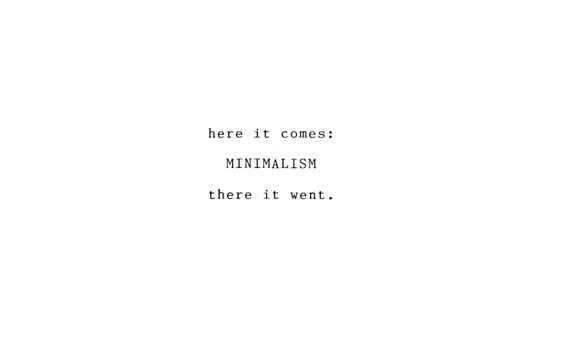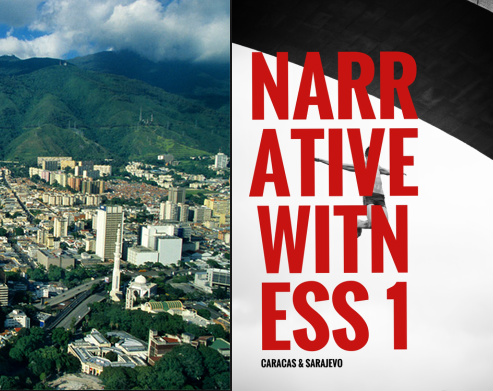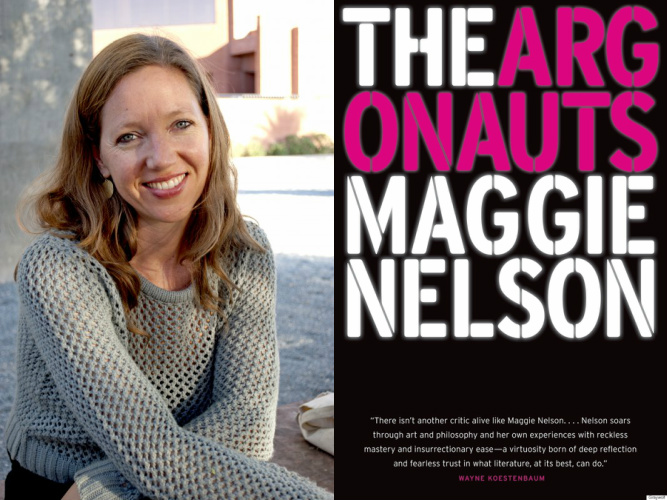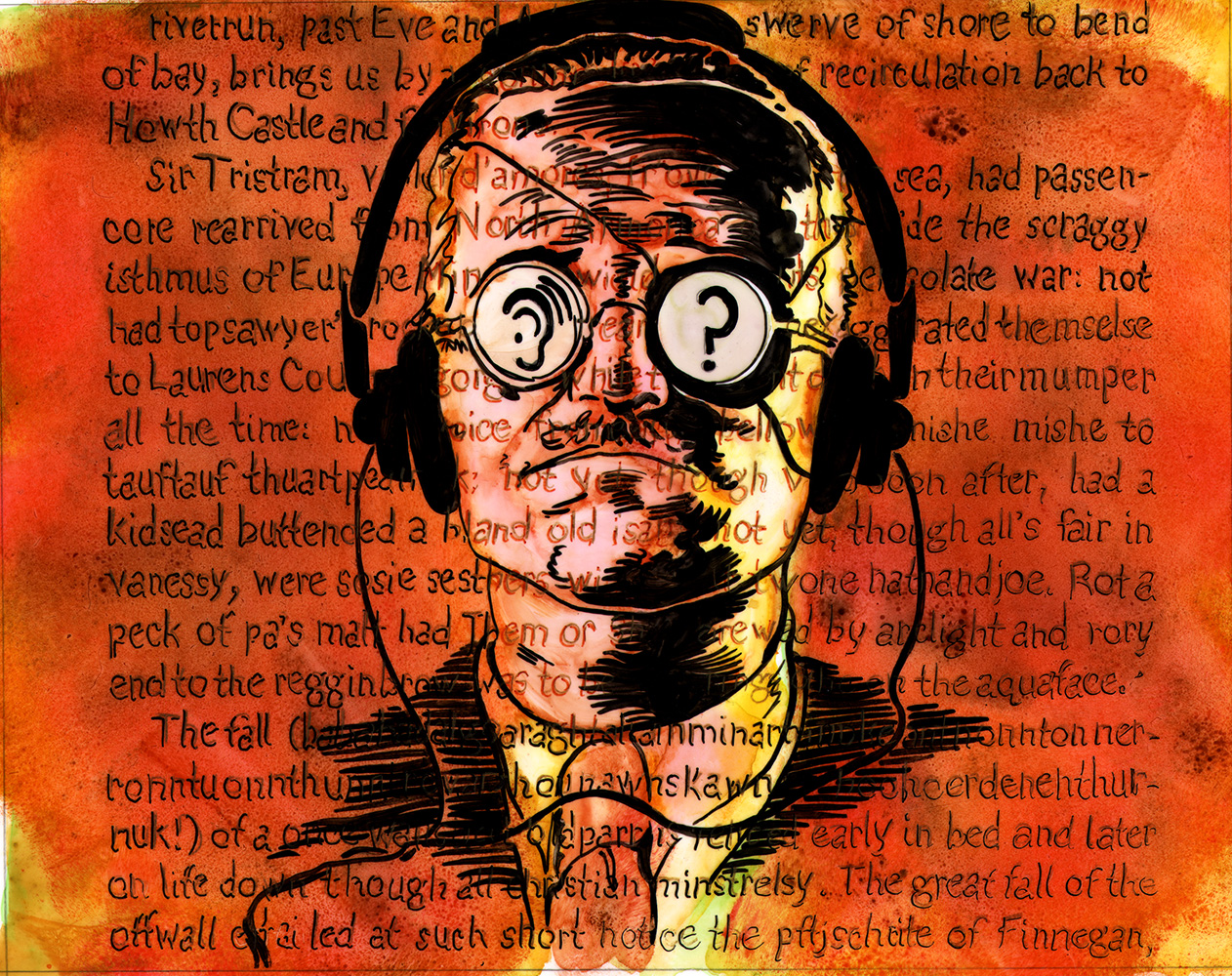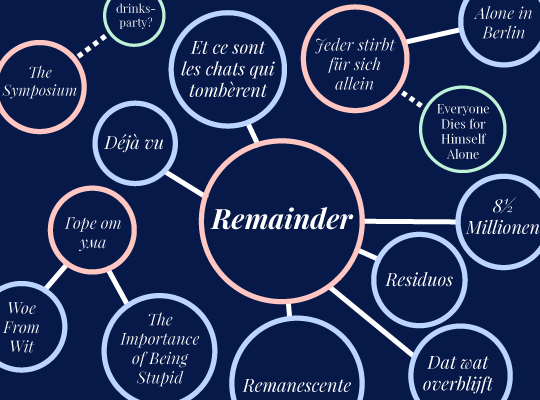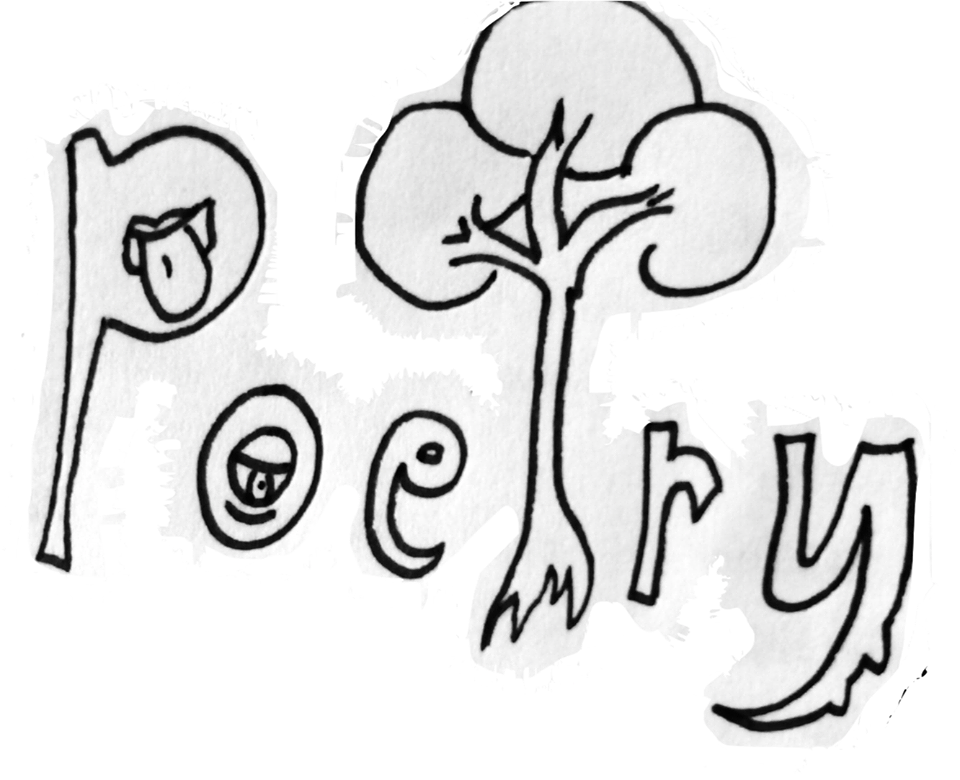nonesuch I (from Fremdwörterbuchsonette)
The ghost entered me like a kind of shirt.
It hung next to the dancefloor and was opposite
to all. That sounds a bit odd, not quite
credible, certainly I cannot say it right.
Something was backward in the whole construction
of what I happened to be working on.
Time seemed to have some purpose further on
with me, wrung me and couldn’t work it out.
And so I leant against the wall and smoked,
and watched the Russendisko on and on and smoked
too much. And I was much too bored to write.
Still not at all ill at ease, squandering my light
I thought of never going home to better-lighted dirt
and suddenly began to see the ghost in the shirt.
“O ghost,” spake I, “please understand my wonder!
I didn’t know that ghosts would deign to wander
casting their eyes perplexingly asunder,
in shirts, our fears and echoings to pander.”
The ghost just stared at me. A girl came over
and asked me for a light. My boyfriend came
and told me he was going home. It was the same
to me. I nodded, quite the midnight rover,
knowing myself to have become rather a dud,
my self’s long-empty shell, and how my words
rustled and shifted, like rice in gourds,
vague and conceited like smoke from a cigarette,
cold and precise like condensation.
And I awoke, as cold as ash, in my own tub.
***
nonesuch II (from Fremdwörterbuchsonette)
In my own tub I lay and dreamt of girls
who come around and ask you for a light.
Their little souls rotate inside their eyes
as my lighter renders them closer than the night
which is the reason why I love these rituals
in which the incomparables and I unite.
And all the while I know my cigarettes are all
exactly the same length, and they seem to invite
their and my own interconfoundability,
white, lightweight, full of discontent,
rattling and wheezing when they’re full of tea
and, taken, all desire just to be spent,
as air races through them, they wake the ghosts
and attract minutes, posted between the lips’ red boasts.
The ash upon the water forms a brittle film.
Mein Liebling, erklärst du dich zu meiner Giraffe,
verspreche ich, dass ich dich immer lachen mache.
The past has risen and is lapping at my chin.
Die Biber haben alle Bäume abgenagt, mein Lieber, sieh,
noch während wir hier stehen, beknabbern sie meine Knie.
The tap presses a lullaby into my nape,
the boiler hums a low and dismal tune,
I watch myself scratch myself like an ape,
and fall asleep into the arms of monster rune:
It isn’t realistic to be lying here.
In all the fog and damp time seems to override itself.
I cannot reach you, not with beer, nor animals, nor jokes;
everything runs out; the ghost of the night lives to side with itself, but chokes.
nonesuch I (from Fremdwörterbuchsonette)
Der Geist betrat mich wie eine Art Hemd.
Es hing am Rand der Tanzfläche und bildete
den Gegenpol zu allem. Das befremdet,
wirkt unerklärlich, wenn ichs schildere.
Es war etwas verkehrt an dem Gebilde,
an dem ich zu der Zeit gerade arbeitete;
die Zeit führte mit mir etwas im Schild,
wrang mein Gebein und kriegte es nicht raus.
Und so lehnte ich rauchend an der Wand,
schaute der Russendisko zu und rauchte
zu viel. Zum Schreiben war mir viel zu fad.
Ich war trotzdem nicht unzufrieden, dachte
entfernt daran, eher nicht heimzugehen,
plötzlich begann ich diesen Geist im Hemd zu sehen.
“O Geist,” sprach ich, “verstehe mein Befremden:
Ich wusste nicht, dass Geister auch in Hemden,
die großen Augen gegenteilig wendend,
Widerhall, Trost und Unbehagen spenden.”
Der Geist indessen starrte mich nur an.
Ein Mädchen kam zu mir und bat um Feuer.
Meine Begleitung kam und sagte, dass er heimgeht.
Ich nickte nur, als ging es mich nichts an:
Ich war schon lange nur mehr eine Panne,
die Schale meiner selbst, und ausgehöhlt
klimperten geistermäßig meine Worte,
vag und geziert wie Zigarettenrauch,
kalt und präzise wie Kondensation.
Ich wachte auf, wie Asche kalt, in meiner Badewanne.
***
nonesuch II (from Fremdwörterbuchsonette)
Ich badete und träumte von den Mädchen,
die herkommen und mich um Feuer bitten.
In ihren Augen rotiern ihre Seelchen
in meinem Feuerschein in kurzen Augenblicken.
Deswegen liebe ich ja diese Sitten,
in denen unvergleichlich sich vereinen
jene und ich. Und meine Zigaretten
sind glatt und alle gleich lang. Bescheinigen
sie ihre und meine Vertauschbarkeit,
weiß, leicht und voller Unzufriedenheit,
klappernd und rauschend, wenn sie altern,
und jung voller Verlangen, wenn der Atem
sie schnell durchzieht, so wecken sie die Geister,
binden künstelnd Minuten, an Lippen gekleistert.
Die Asche auf dem Wasser bildet einen Film.
My darling, if you will be my giraffe,
I’ll promise to do things to make you laugh.
Mir reicht Vergangenheit bis an mein Kinn.
The beavers, dear, have gnawed off all the trees,
and as you look at me they’re working on my knees.
Der Hahn drückt mir ein Schlaflied in den Nacken,
der Boiler summt den Bass betrübt und wüst,
ich schaue mir beim Dösen selbstgesprächig zu,
gleich wird das Brainmap mich mit den Tentakeln packen:
Es ist nicht realistisch, hier zu sitzen
im Dunst, im Nass hebt Zeit sich aus den Angeln.
Erreich dich nicht mit Tieren, nicht mit Witzen, es läuft aus und
der Geist der Nacht sitzt tief im letzten Gurgeln.

